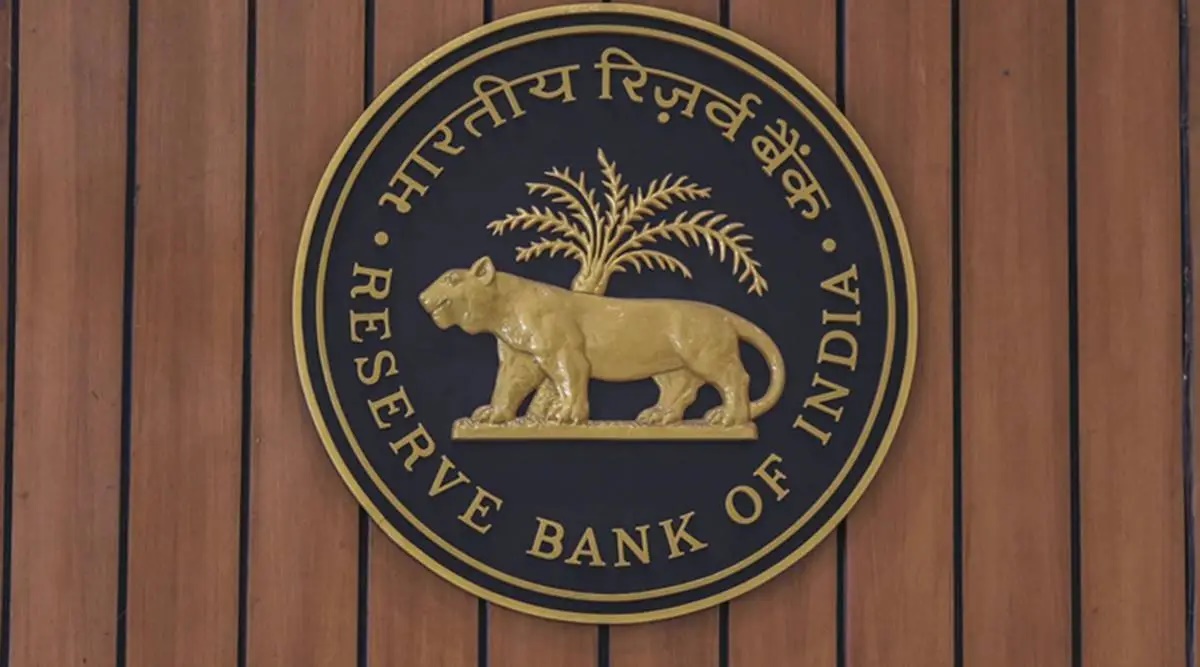“I suppose it’s kind of a payback to the other people who do it,” he said. “Because I use reviews and ratings from other people to help make decisions about whether I want to go somewhere or do something. Particularly when travelling.”
Loading
For someone who has spent a lot of his time reading and writing reviews, Pavlinovich has come to understand how powerful they can be.
“When you’re talking about a small business, you can really hurt them,” he said. “Whether you intended to or not, that could be the outcome.”
If he has a bad time at a place, Pavlinovich says he won’t write a review based on that visit. He’ll give them another crack, assuming he ever goes back. Sometimes he edits his reviews, providing updates if his experience changed.
“There’s a souvlaki shop in Sandringham that is an example of that,” he said. “Everybody else got good one, I got a bad one. So I haven’t written a review.”
But that doesn’t mean he won’t give a one-star rating if it’s warranted. “Sometimes I wish you could give zero stars,” he said.
Another prolific giver of feedback is Max Gross, a hotel marketer from Caulfield, who has written 309 reviews.
He likes to give positive feedback to places he enjoys, so most of his reviews are five stars. A restaurant he recently visited had “beautiful food and vibes”.
“I’m less likely to post a negative review, I just won’t go back,” Gross said. “There a lot of people out there slamming restaurants and I just don’t want to be part of it.”
Loading
A popular feature of the Google Maps platform are the photos uploaded to give a visual example of what an establishment is like. Photos of a burger with rotten lettuce can tell the story better than any one-star review can.
Gross gets a kick out of the reach of the content he provides to Google. “My photos have been seen 615 million times,” he said.
There is also a bit of an art to interpreting how good a place is based on its Google star rating. An average of 4.1 stars might sound good, but regular users know it’s not that great. Anything over 4.5, however, is a decent bet.
“People don’t really bother doing a review for a two, three or four-star experience,” Gross said. “They give a review if it’s one star or a five stars, there’s a real polarisation of reviews.”
Sometimes, Google reviewers can be targeted by businesses unhappy with what was written. They can even lead to defamation proceedings, particularly when weaponised by an unhappy customer or a rival business.
Max Gross likes taking photos of his food so people know what to expect.Credit: Wayne Taylor
Court action can involve efforts to unmask reviewers who would prefer to remain anonymous.
Another Melbourne local guide, who asked to go by his online handle Adam G, says he doesn’t like businesses to know who he is because it ensures an honest review.
The data scientist from the south-eastern suburbs has contributed almost 1500 reviews, while he also moderates an online community forum to help other Google reviewers.
“It’s like a food critic, you don’t want to go to a restaurant and they know you’re there,” he said.
“Because they would give you the best service and the best food. You want to experience it as a normal person would, in the usual way.”
And nowhere is safe: The “fancy office building” in Bourke Street that is home to The Sunday Age rates 4.3 stars, noted for its “convenient location”, “nice building architecture” and the need for “a pass to get past reception”.
Get the day’s breaking news, entertainment ideas and a long read to enjoy. Sign up to receive our Evening Edition newsletter.





